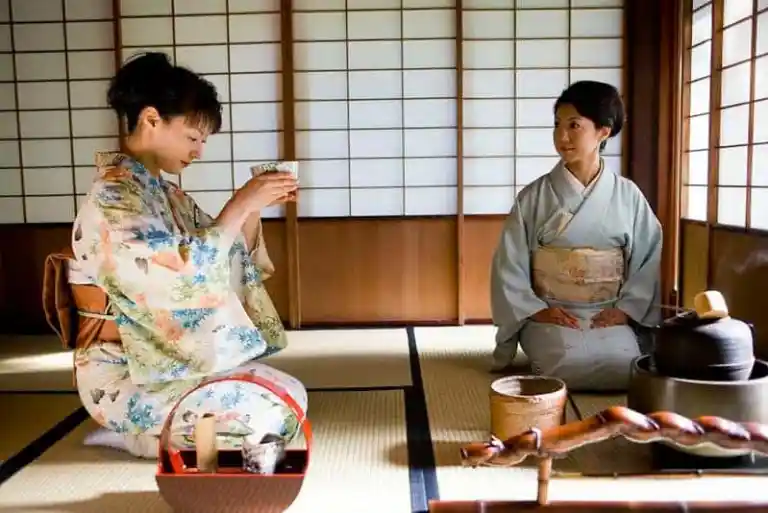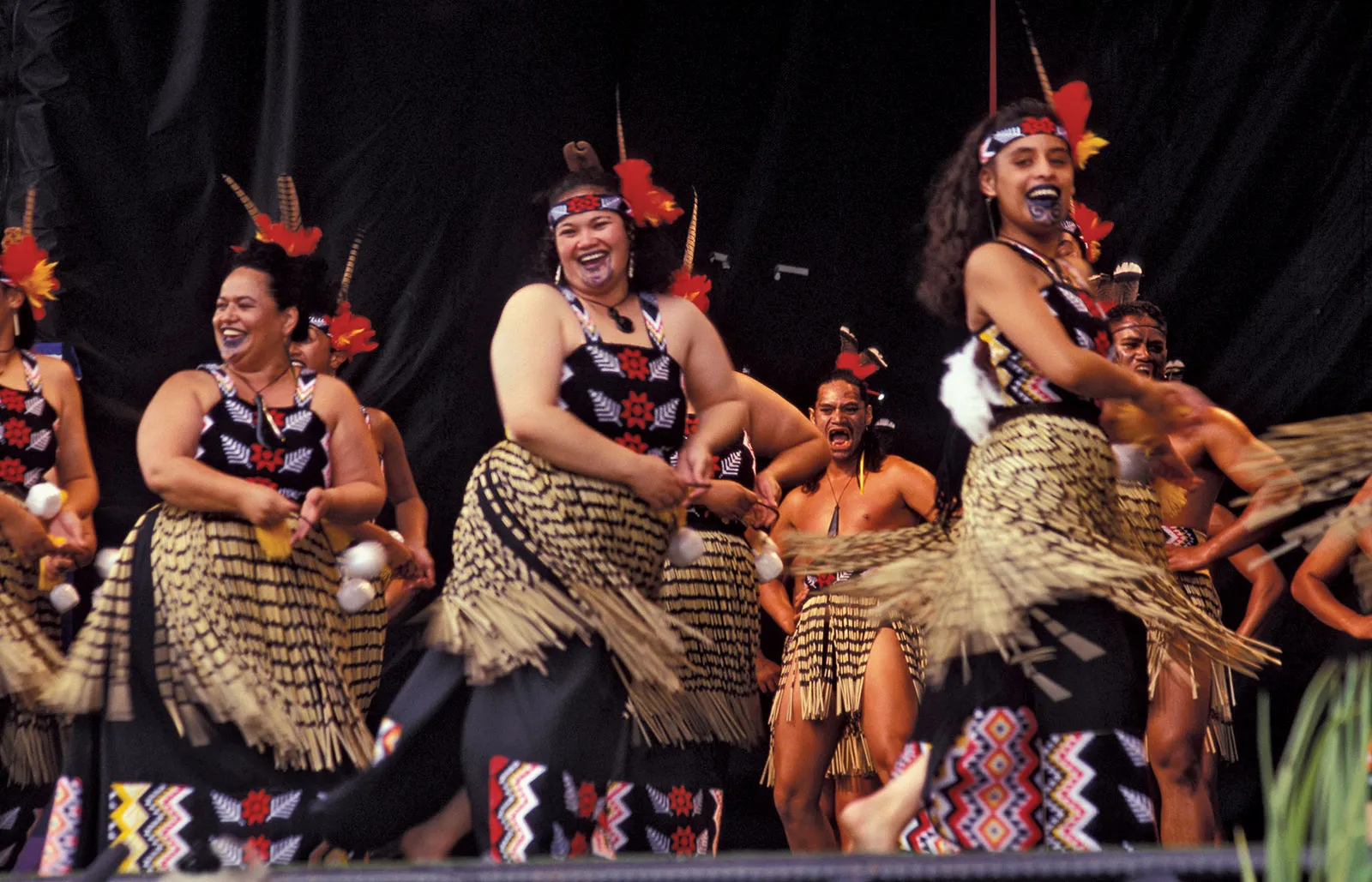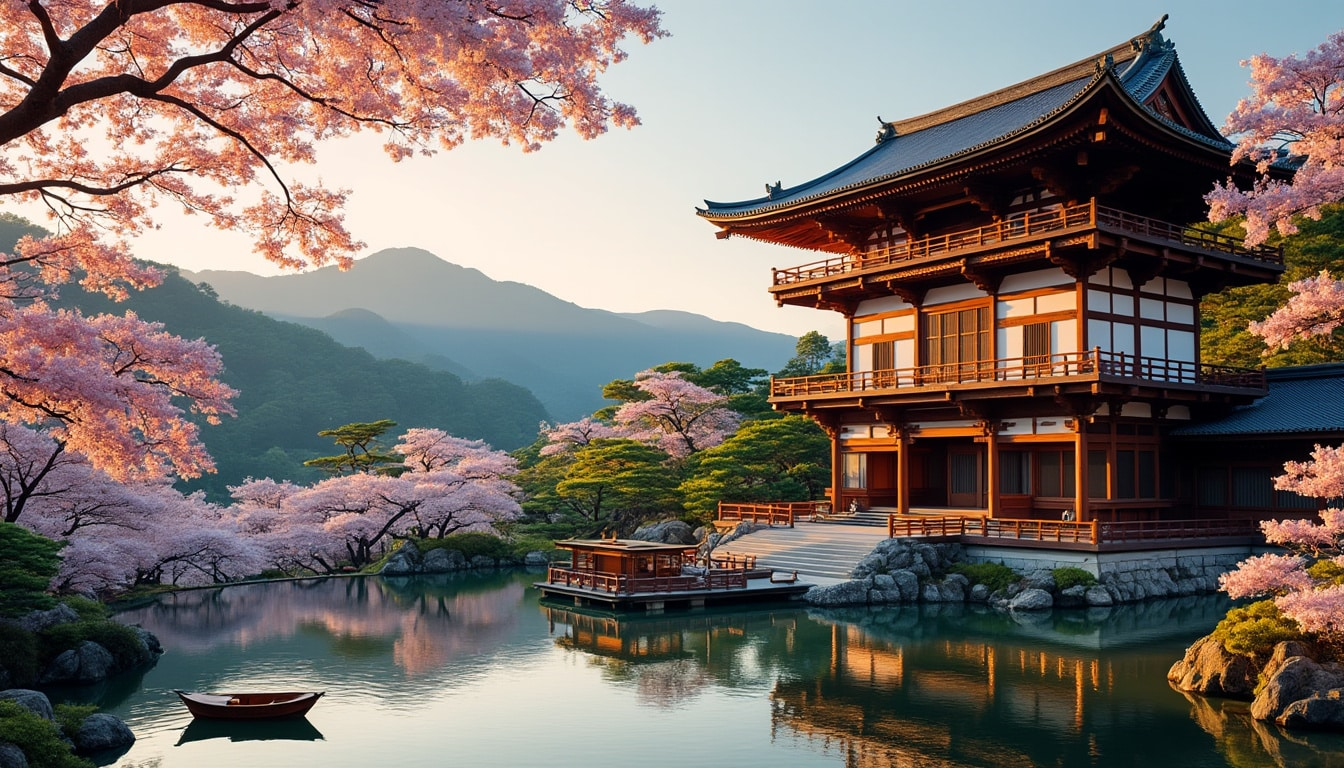The Japanese tea ceremony, or chanoyu, is more than just the act of drinking tea—it is a profound cultural experience steeped in mindfulness, aesthetics, and centuries-old tradition. Practiced with ceremonial precision, the ritual reflects harmony (wa), respect (kei), purity (sei), and tranquility (jaku). Participants don’t just observe; they immerse themselves in an atmosphere where every movement, from bowing to whisking matcha, holds symbolic meaning.
Cultural historians and tea masters emphasize that the tea ceremony is a direct reflection of Japanese Zen philosophy. Rooted in the practices of Buddhist monks and later refined by historical figures like Sen no Rikyū, the ceremony fosters inner peace and a deeper connection with nature. In this silence, even the sound of boiling water becomes meditative, anchoring the participants to the present moment.
Experiencing a traditional tea ceremony in Japan offers more than cultural insight—it nurtures personal transformation. Tourists and locals alike often report a renewed sense of gratitude and mindfulness. For those seeking authentic cultural experiences, the Japanese tea ceremony is a living art form that transcends language, offering serenity in a cup of tea.




